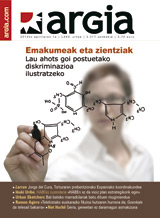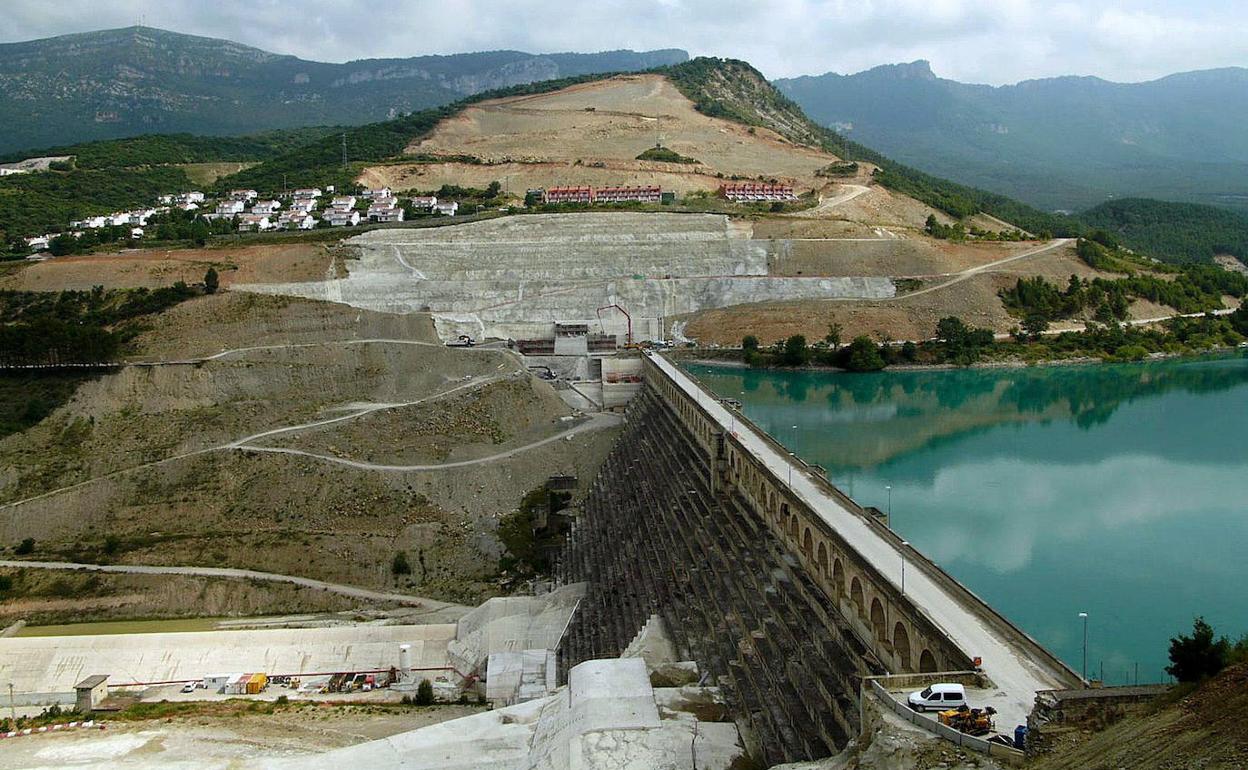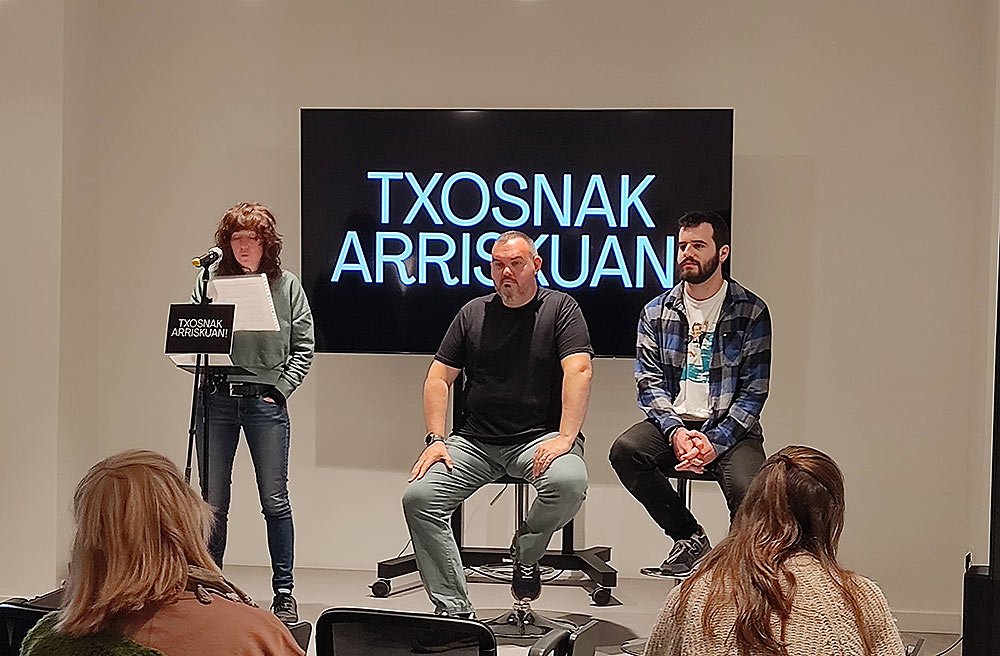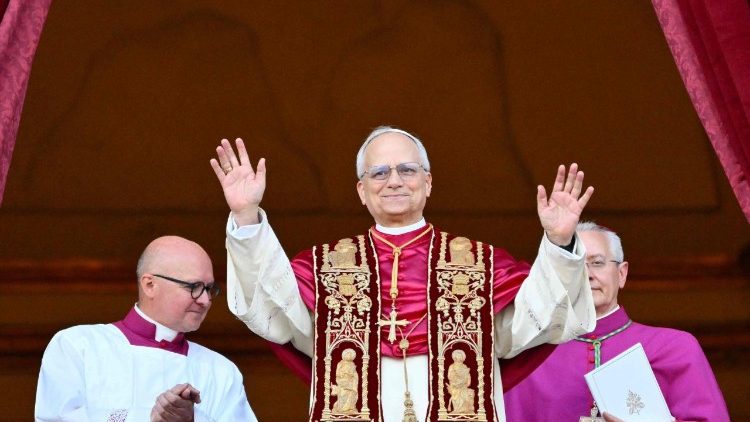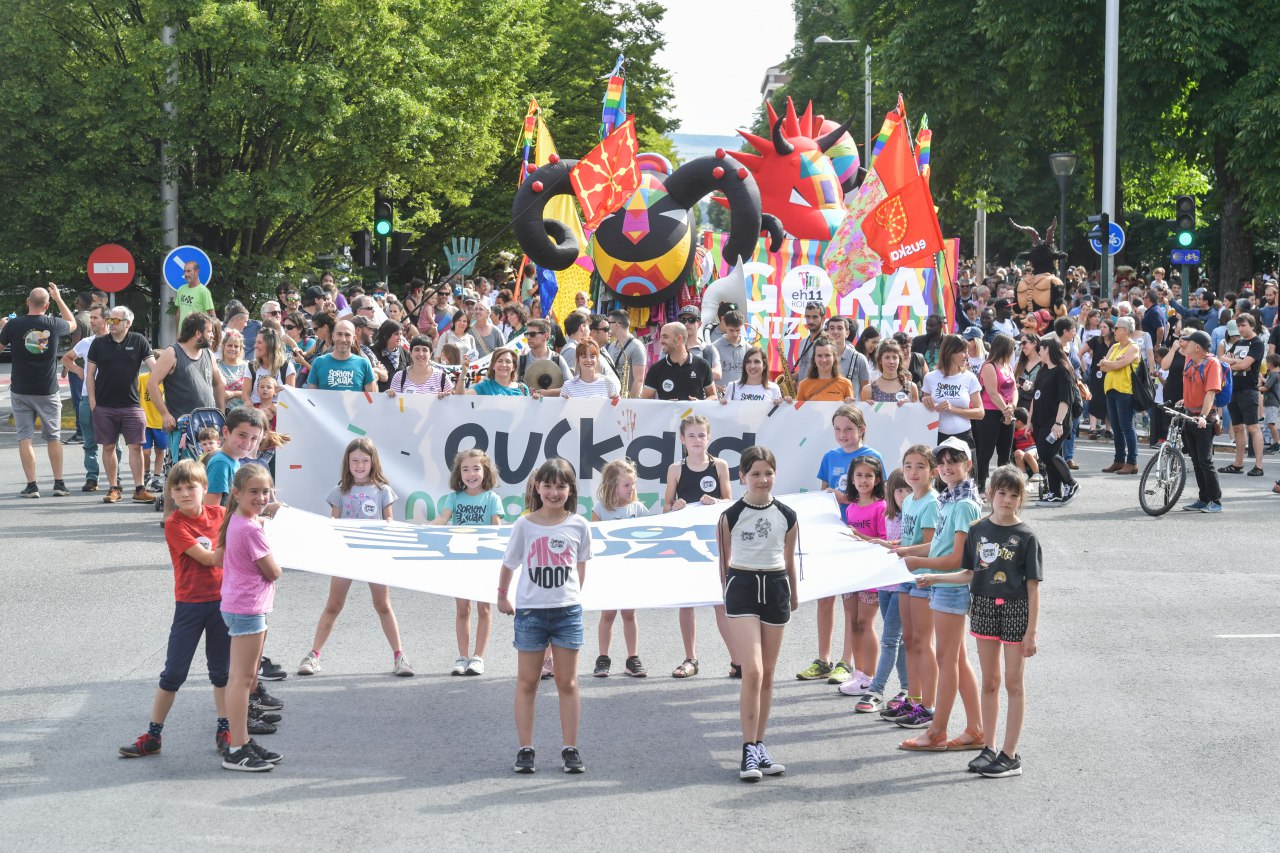Semiotic pump
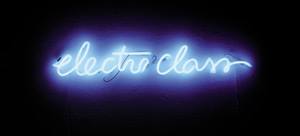
Electroclass. Director and screenwriter: Mary Noise. Producer: Consonni. 52 minutes. Euskal Herria, 2011.
Electroclass, by María Sonora, is a documentary that breaks with the audiovisual conventions to which all viewers are accustomed. Composed of seven seven-minute pieces, last week I saw it at ETB3 – before it also went through Zinebi. It seemed to me to be thanks that public television would risk showing it.
And I say risk, because it is not a comfortable job, nor for the viewer, because of its formal peculiarities; nor because of the critical look it offers to ETB: it is a documentary made with images of Euskal Telebista in the last three decades, but in editions, in the order in which the stock images are placed, in the combination of video and audio... They question television's usual speech.
We will see how Bilbao goes from being an industrial city to becoming a service metropolis; the film is a remix with what television has told about it. For example, the voice-over of presenter Iñaki López says that incidents in the Euskalduna are currently unthinkable and that protests against the closure of Kukutza appear on the ecran.
The mixture is therefore not naïve. But the film is also not an explicit denunciation of the capitalist transformation that has been driven at all costs. It leads the viewer to see this process in a subtle way with other eyes. Electroclass is a semiotic pump.
Andrea Velasko dietista eta nutrizionistak elikaduraren bidez menopausiak eragindako aldaketak kudeatzeko zenbait gako eman ditu.
BRN + Auzoko eta Sain mendi + Odei + Monsieur le crepe eta Muxker
Zer: Uzta jaia.
Noiz: maiatzaren 2an.
Non: Bilborock aretoan.
---------------------------------------------------------
Ereindako haziek ura, argia eta denbora behar dute ernaltzeko. Naturak berezko ditu... [+]
Antonio Turiel fisikari eta CSICeko ikerlariak aspaldiko urteetan ez bezala bete zuen Hernaniko Florida auzoko San Jose Langilearen eliza asteazkenean. Zientoka lagun elkartu ziren Urumeako Mendiak Bizirik taldeak antolatuta Trantsizio energetikoaren mugak izeneko bere hitzaldia... [+]









